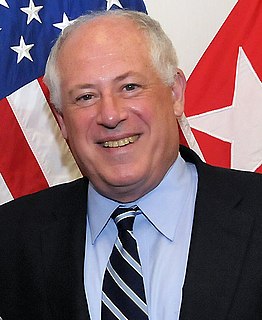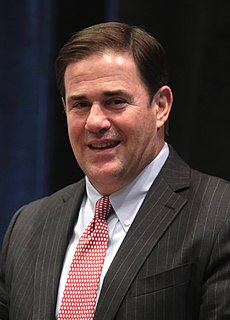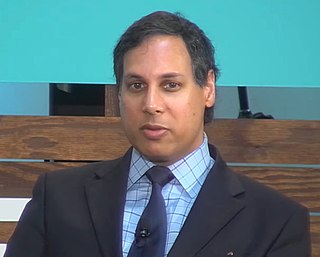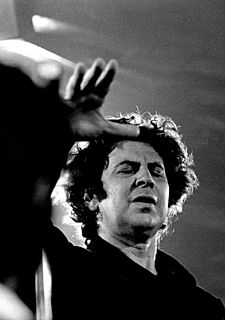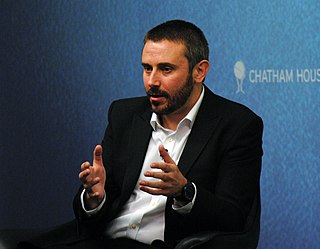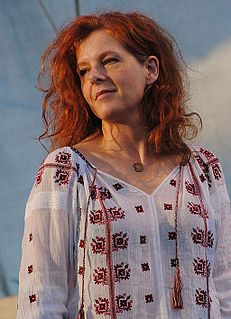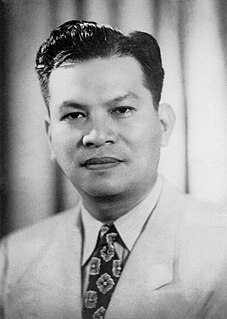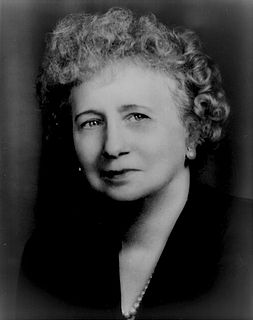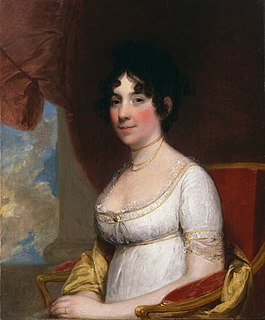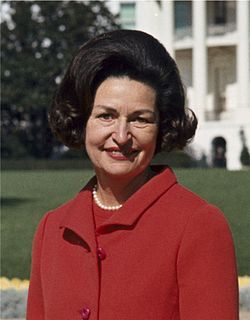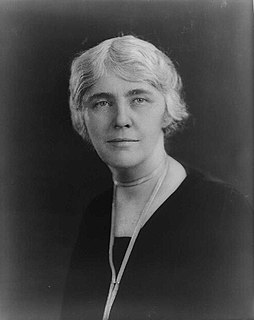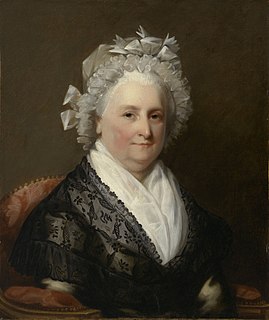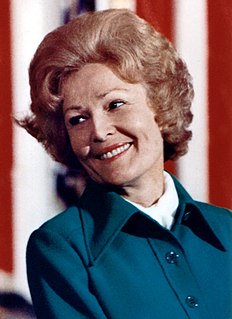A Quote by Melania Trump
I chose not to go into politics and policy. Those policies are my husband's job.
Related Quotes
My father always would say, "My daughter will go into politics? My daughter will become prime minister", but it's not what I wanted to do. I would say, "No, Papa, I will never go into politics." As I've said before, this is not the life I chose; it chose me ... But I accepted the responsibility and I've never wavered in my commitment.
Oil policy, policy toward the United States, policy toward Iran, Bahrain, Yemen, very unlikely, I think, to see significant change. These policies were the policies that had a wide family consensus. The question I think would be if the king becomes sick, whether you have weak Saudi leadership in the Arab world and the Middle East rather than strong Saudi leadership, but I think the fundamental policies will continue, the ones we’re familiar with under King Abdullah.
It's far from clear in general that Donald Trump is a guy who really thinks about the details of policy and is going to do the kind of heavy lifting you have to do as president to get those policies through in Congress. I think the hope is that Paul Ryan and his crew will push policies through Congress and Trump will just sign them. That's not really how policy works.
For me the root of evil today is the policy of President Bush. It is a fascist policy. I cannot understand how is it that the Jewish people, who have been the victims of Nazism, can support such a fascist policy. No other people in the world support those policies but Israel! This situation saddens me.
Around 2010, I kind of looked up and said, I'm 40 years old. You know, I chose music. I don't have a husband. I don't have any kids. Like, I chose music. So, I had to make a decision. Like, do I want to do something else, or do I want to go from journeyman to master? And I realized, I want to be a really good musician.
The problem is the policy makers don't have practitioners in the policy team. You won't make an IT policy without consulting a Narayan Murthy or Nandan Nilekani. But for energy, people think they know everything and they know what to do for it. That's how the policies are created in Delhi and that needs to change.
Policy people suffer their own kind of agony, and no wonder. After all, what is the average life of the policy person? You go into government if you are lucky, do your best, aren't appreciated, take all the blame for policies for which you are only partly responsible, leave, realize your reputation has been damaged, maybe permanently.
By 1938, Eleanor Roosevelt was so angry at FDR's policies, she writes a book called This Troubled World. And it is actually a point-by-point rebuttal of her husband's foreign policy. We need collective security. We need a World Court. We need something like the League of Nations. We need to work together to fight fascism. We need embargoes against aggressor nations, and we need to name aggressor nations. All of which is a direct contradiction of FDR's policies.

